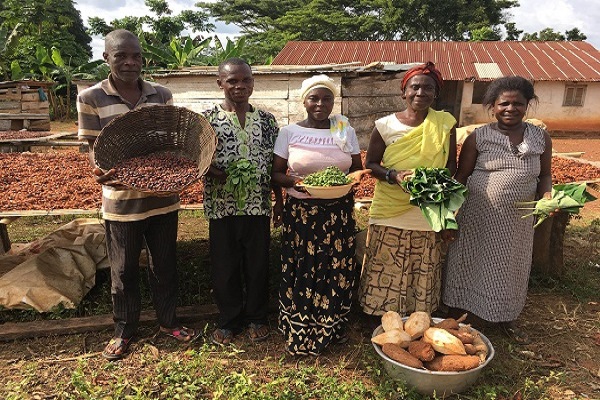Nestlé and ingredients supplier Ofi have joined forces in a large-scale regenerative agriculture initiative aimed at restoring deforested cocoa-growing regions and curbing carbon emissions. The program, which includes planting nearly 3 million trees and training 25,000 farmers, is expected to remove an estimated 1.5 million tons of carbon from the atmosphere over the next 30 years.
The initiative focuses on cocoa-producing areas across Brazil, Nigeria, and the Ivory Coast—regions heavily affected by deforestation linked to cocoa farming. Through financial support and training, the companies aim to help farmers adopt agroforestry practices, composting techniques, and climate-friendly crop residue management to improve soil health and biodiversity.
Spanning 72,000 hectares, the project will be verified by third-party sources. According to Ofi, tree planting and farmer training are already underway. To measure progress, the company is using AI-driven tools to geolocate planted trees and track carbon sequestration.
This marks the largest joint cocoa agroforestry initiative ever undertaken by Nestlé and Ofi. The move reflects growing industry urgency to address environmental damage associated with cocoa cultivation, particularly in West Africa, where up to 70% of illegal deforestation in Ivory Coast is reportedly tied to cocoa farming.
Regenerative agriculture—a farming approach focused on carbon capture and ecosystem restoration—has gained popularity as companies seek to reduce their environmental impact. However, experts caution that without clear, measurable outcomes, such programs risk being labeled as greenwashing.
Nestlé, which has increasingly emphasized sustainable cocoa sourcing, launched a Rainforest Alliance-certified chocolate brand last year to bolster its environmental credentials.
The partnership with Ofi signals a deeper commitment to climate-resilient agriculture, as food and beverage companies face rising pressure to align their sourcing strategies with global sustainability goals.


